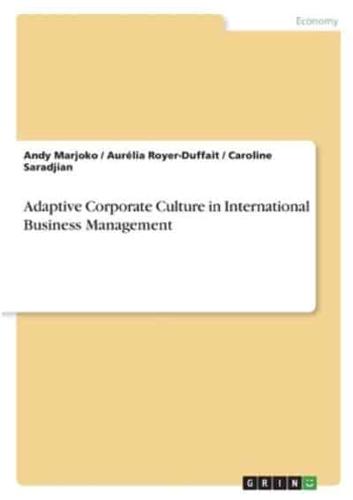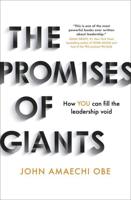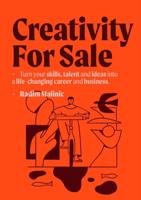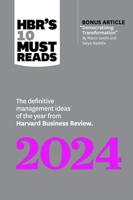Publisher's Synopsis
Document from the year 2023 in the subject Business economics - Business Management, Corporate Governance, grade: 1, language: English, abstract: This book is mainly built upon our investigations of international enterprises operating in France, Germany, Italy, Austria, Japan, Hong Kong, USA, Finland and India. It's then enriched by case studies from China, Bahrain, Australia, Thailand, Spain and Indonesia. Multinational aspects are thus thoroughly discussed. COVID-19 has taught enterprises a lesson to be resilient, even more importantly for those running international operations. Resilience comes from agility, and agility starts with culture. The book is here to help us practitioners and students of International Business Management succeed in building an Adaptive Corporate Culture (ACC) and align it with an agile strategy. Chapters 1 to 6 bring the ACC to the table, while Chapters 7 onwards explore the diverse flavours of corporate culture in different sectors: energy & telecom, asset management, and aviation travel & tourism. In addition to further expanding our horizon, they may trigger fresh ideas for our own industry. While strategy has always been in the centre of managers' attention, the fundamental role of culture in the firm's success is often overlooked. Sadly because it's not well understood. Culture has been accountable for around 40% of differences between good performing and poor performing enterprises. For multinationals, it is estimated that 60% of Merger and Acquisitions fail to meet their intended objectives, or fail altogether, because of unresolved cultural issues. If aligned well with strategy, the combination will create an unbeatable power. If not, culture will eat strategy as a breakfast. Culture is complex. It's "broad, deep and stable," wrote Edgar Schein, an MIT professor emeritus in leadership. Yet stable doesn't mean static: Cultures are dynamic. It's even more complex in multinational companies, where cultures meet cultures: Inte











